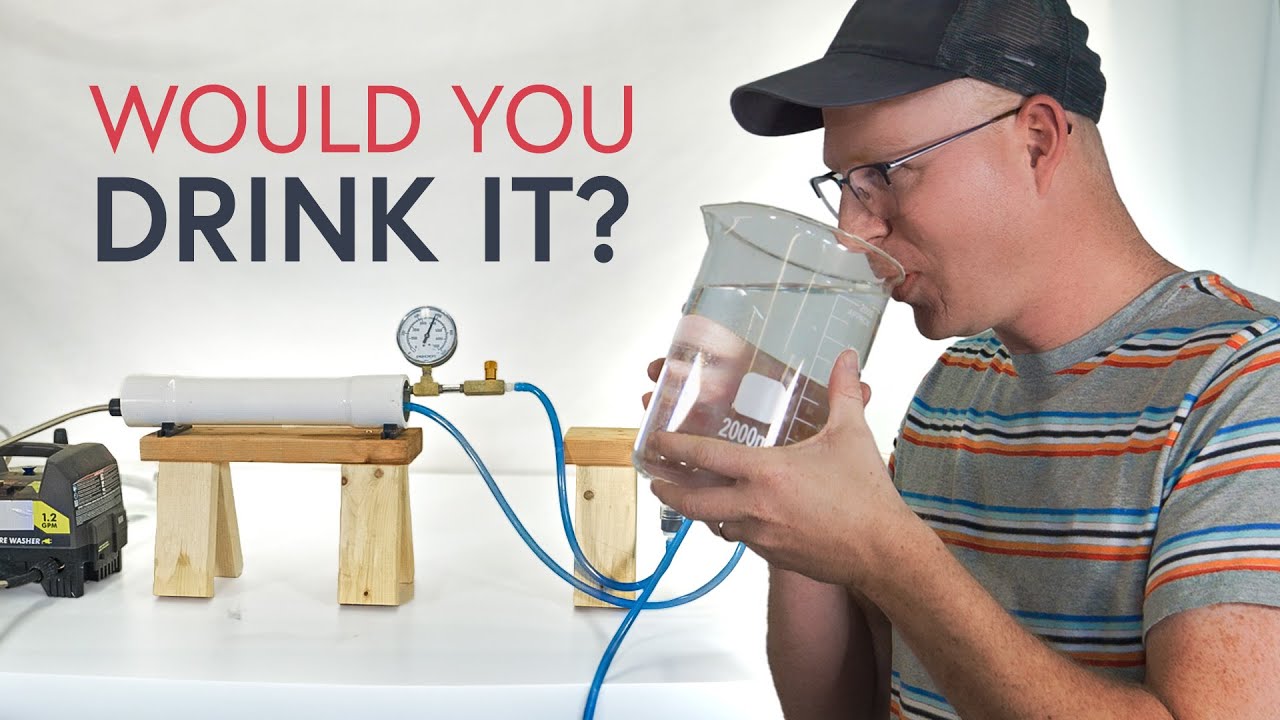How I miss the old days. Now I’m even more of a villain when I complain about electricity being used like there’s no end to it. Before we would look at the battery, check the weather forecast and then plan. Now it just all gets turned on.
I had a moment of schadenfreude earlier today when I had to point out that they had so many appliances running simultaneously that a cup of tea would be a load too far. (I didn’t mention using the gas stove. Folks don’t even think about their options any more).
Honestly, it’s like a switch has been thrown inside Heads. It’s not just full steam ahead and to hell with the icebergs as regards the electricity, the amount of packaging, especially plastic is up.
I argue that I’m not just being a kill joy. Prudence got us through 5 years of load shedding & more recently water outages. But that’s all over, right?
No. The City continues to warn about possible increases in water restrictions. As it is we have rotating throttling of reservoirs. There have been three multi-hour electricity outages in our suburb in the last week, today’s a block away from us. City Power are running high voltages out of their substations to try to keep current down on old infrastructure. That infrastructure is under strain because of illegal connections. Rand Water have told all municipalities in Gauteng to reduce usage because they are going to systematically reduce the supply to each city because the current demand from the Vaal River system is not sustainable.
